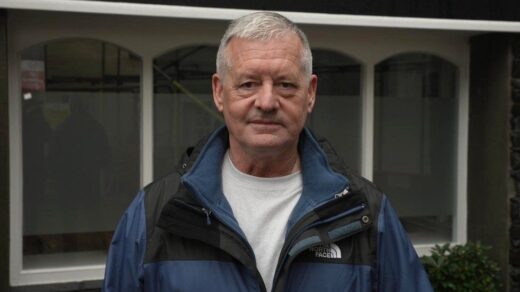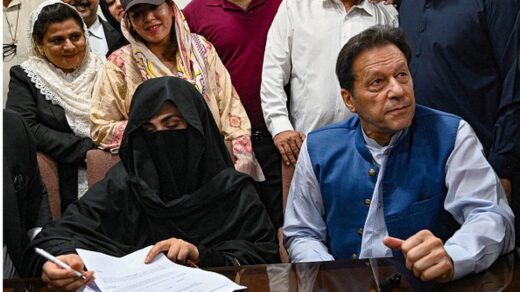Legal experts suggest that videos filmed and uploaded online by Israeli soldiers, showing Gazan detainees stripped, bound, and blindfolded, could potentially violate international law. According to international law, detainees should not be subjected to unnecessary humiliation or public curiosity. BBC Verify analyzed hundreds of videos shared by Israeli soldiers in Gaza since November 2023 and confirmed eight that showed detainees.
The Israel Defense Forces (IDF) stated that it had dismissed one of the reservists we identified, emphasizing that such videos do not reflect its values. The IDF did not comment further. Dr. Mark Ellis, a prominent UN advisor to international criminal tribunals, suggested that the footage from Israeli soldiers could breach the recognized rules for treating prisoners of war.
Most of the videos analyzed depict combat scenes and soldiers inspecting homes deserted by residents. However, eight videos were found that legal experts believe demonstrate the mistreatment of Palestinian detainees. These videos were all uploaded by men who are or were serving soldiers, who did not conceal their identities.
One such video shows a Palestinian detainee stripped, bleeding, bound, and seated on a chair during an interrogation. This video was posted by Israeli soldier Yossi Gamzoo Letova, who has uploaded numerous videos from Gaza since early December. The location was identified as Gaza College, a school in the northern part of the strip.
In a statement, the IDF said that the photo was taken during a field questioning and that the suspect was not injured. The reservist who took and uploaded the photo did so against IDF orders and values, resulting in the termination of his reserve service.
Another video posted by Mr. Letova showed hundreds of Palestinian detainees gathered in a sports field, which was verified as Gaza’s Yarmouk stadium. Most detainees were stripped to their underwear, some blindfolded and kneeling in ordered rows while Israeli soldiers watched.
The videos were removed from Mr. Letova’s public YouTube page shortly after the BBC contacted the IDF. Other videos uploaded to TikTok by another IDF soldier showed images of blindfolded detainees interspersed with images of soldiers posing with guns. These videos were also taken down after the IDF and TikTok were contacted.
Article 13 of the Third Geneva Convention states that detainees must be protected at all times, particularly against acts of violence, intimidation, “insults and public curiosity”. Dr. Ellis emphasized that creating a public curiosity for prisoners of war and degrading or humiliating them is prohibited.
Prof Asa Kasher, an Israeli academic who contributed to the IDF’s first code of conduct, said sharing pictures of half-naked people violated the IDF’s code of ethics. Human rights lawyer Michael Mansfield suggested that the footage should be evaluated by a UN court.
TikTok confirmed that six videos sent to them violated their community guidelines and have since been removed. A YouTube spokesperson stated that it had removed tens of thousands of harmful videos and terminated thousands of channels during the Israel-Gaza conflict, with teams working continuously to monitor for harmful content.








